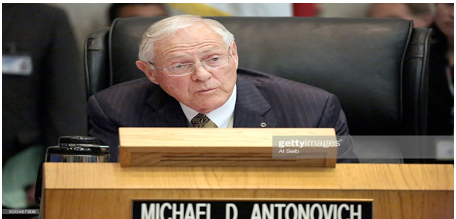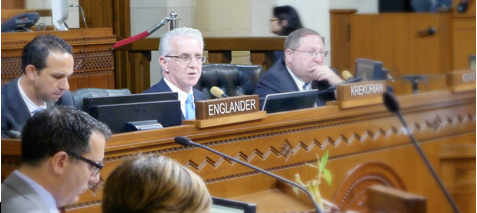Will the DWP Commissioners Stand Up for the Ratepayers?
LA WATCHDOG--Mayor Eric Garcetti and his budget team are putting a full court press on the Board of Water and Power Commissioners to approve an above market, 10 year, $41 million lease for four vacant floors of office space at Figueroa Plaza, a two tower, 615,000 square foot City owned complex located north of the Central Business District in DTLA. (Photo above: Sculpture by Terry Allen. The bronze statue is located in Downtown L.A. at 7+FIG Plaza, on the corner of 7th and Figueroa Street, outside the corporate offices of Ernst Young)
But this deal, like the previous 10 year, $63 million lease for six vacant floors that was proposed in June, does not pass the smell test because this above market lease is not in the best interests of the Department of Water and Power or its Ratepayers.
Which leads us to the question of whether the five Commissioners, led by President Mel Levine and Vice President Bill Funderburk, will stand up for the interests of the Department and the Ratepayers or will they bow to the pressure from Mayor Garcetti and his budget team who are looking to balance the City’s budget on the backs of the Ratepayers?
Figueroa Plaza is not considered a desirable location for law firms, investment banks, commercial banks, consulting firms, or other professional organizations that occupy Class A space because of its poor location north of the Central Business District. In addition to being out of the way, this older building has a poor reputation for maintenance, services, and amenities. This is not helped by rent roll dominated by government employees.
Yet the City wants our Department of Water and Power to pay Central Business District Class A rents for this subprime space. At the same time, the City wants DWP to pony up $9 million for tenant improvements, an expense that is usually born by the landlord, in this case, the City of Los Angeles.
From the Mayor’s perspective, in the first year of the lease, the City will receive $3 million in rent and “save” $9 million in tenant improvements. This $12 million swing will help the City close its projected $85 million budget deficit for the upcoming fiscal year.
The Department maintains that it needs this additional space to accommodate 700 new employees. But without a well thought out Space Utilization Plan for its 9,576 employees, an 8 to 10 year lease is inappropriate, especially given its above market cost.
Any space plan would need to address the updating of DWP’s 50 year old historic headquarters building located across from the Music Center in downtown Los Angeles. But this is problematic as IBEW Local 18, DWP’s domineering union, will assert jurisdiction over all the work at overtime rates, doubling the cost and the time to completion. This will cost Ratepayers an additional $150 to $200 million.
The question has also been raised whether the IBEW and Union Bo$$ d’Arcy would claim jurisdiction over the work at Figueroa Plaza.
At its meeting on September 20, the Board of Commissioners discussed the proposed $41 million lease in closed session. When the $63 million lease was on the agenda in June, the Board deferred the matter until a later time. As a result, there has not been a public discussion or any outreach involving this controversial lease whose main beneficiary appears to be the City, not DWP or the Ratepayers.
The Department has prepared a 229 page memo outlining this transaction. This includes a 161 page report that justifies the lease. But several experts, including potential tenants and their representatives, have discounted this report stating it was “made as indicated” and does not reflect the real rental market.
Will the Commissioners conduct an open hearing on this above market lease? Will the Commissioners demand that DWP prepare a Space Utilization Plan before entering into this above market lease? Will this study include many different alternatives, including selling the DWP headquarters and moving to an area that would benefit from the economic development? Will the Commissioners demand that the Department update its Personnel Plan to reflect the addition of 700 new employees?
In other words, will the Commissioners act in the best interests of the Department and the Ratepayers and tell the Mayor and his budget team to buzz off?
(Jack Humphreville writes LA Watchdog for CityWatch. He is the President of the DWP Advocacy Committee and a member of the Greater Wilshire Neighborhood Council. Humphreville is the publisher of the Recycler Classifieds -- www.recycler.com. He can be reached at: [email protected].)-cw
- See also:
DWP Deserves ‘Free’ Rent at Fig Plaza
The Fig Plaza Stick Up: Ripping Off DWP Ratepayers for $40 Million
--Exposed! City Overcharging DWP Millions on Downtown Fig Plaza Rent


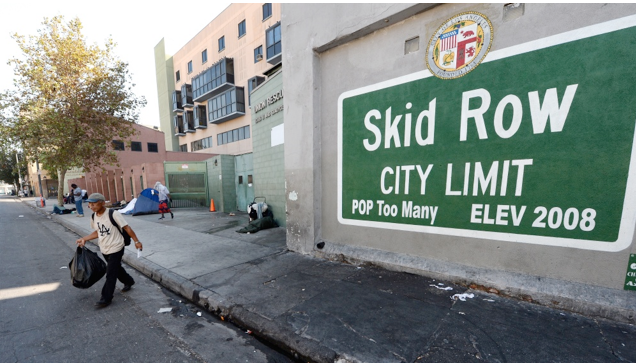
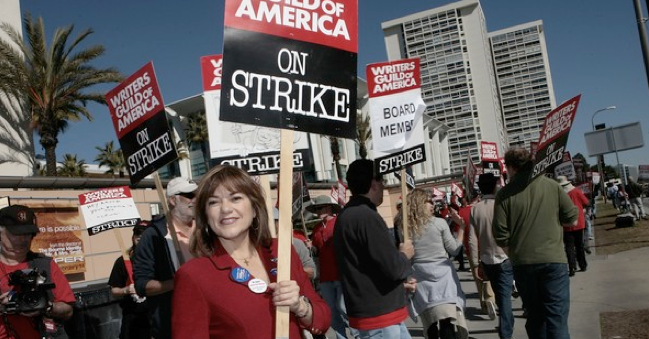
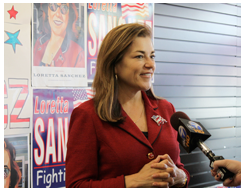 Sanchez, on the other hand, has developed a reputation over her twenty years in House of Representatives as a legislator who can work in a bipartisan manner, much like Senator Diane Feinstein who has been an effective proponent for California. She has the endorsement of 17 of the State’s Democratic Congressional representatives, almost double the number that are supporting Harris.
Sanchez, on the other hand, has developed a reputation over her twenty years in House of Representatives as a legislator who can work in a bipartisan manner, much like Senator Diane Feinstein who has been an effective proponent for California. She has the endorsement of 17 of the State’s Democratic Congressional representatives, almost double the number that are supporting Harris. 

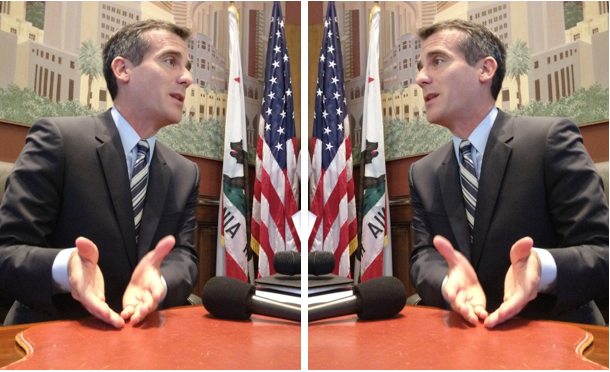
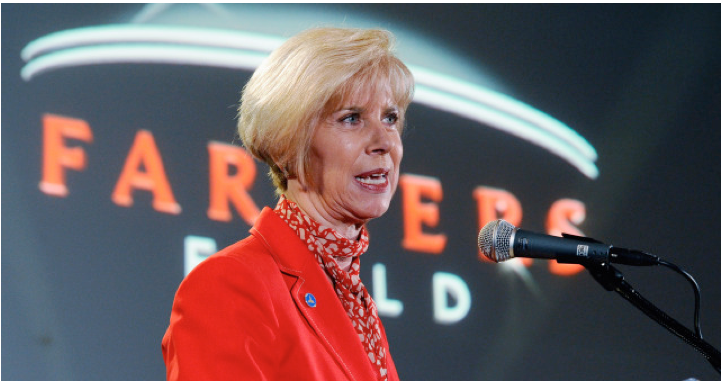
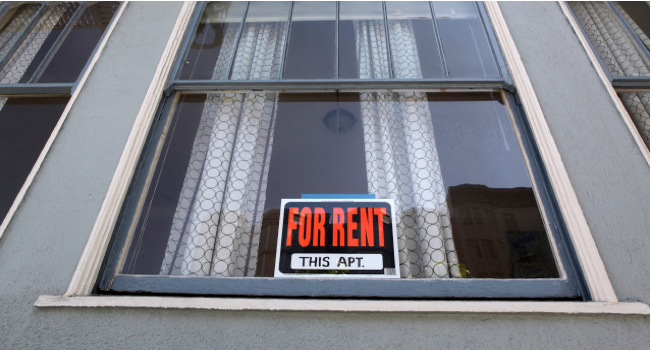
 Notably lacking is any discussion about the economics associated with this ballot measure. But according to several sources, this initiative will increase construction costs by about 30% to 40%, in large part because of the onerous hiring requirements (see below) contained in the initiative.
Notably lacking is any discussion about the economics associated with this ballot measure. But according to several sources, this initiative will increase construction costs by about 30% to 40%, in large part because of the onerous hiring requirements (see below) contained in the initiative. 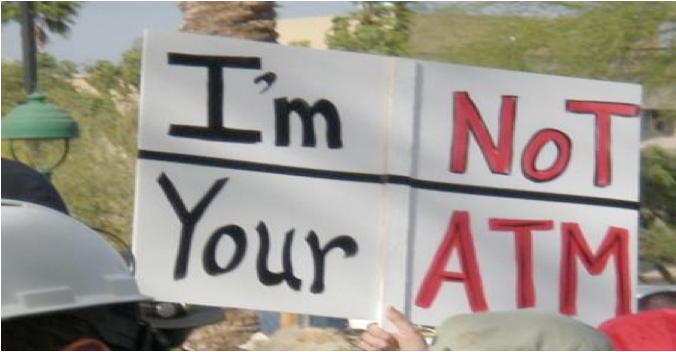

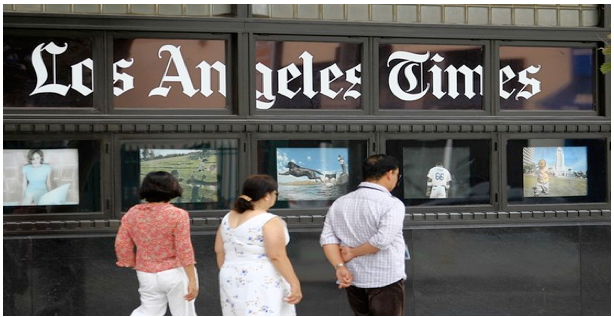


 David Wright (left), the Interim General Manager, is a relatively new addition to the Department’s management ranks, but has had considerable utility experience, including as General Manager of Riverside Public Utilities. As the Chief Operating Officer, he also has an understanding of DWP, its management, its strengths and weaknesses, and its highly politicized environment.
David Wright (left), the Interim General Manager, is a relatively new addition to the Department’s management ranks, but has had considerable utility experience, including as General Manager of Riverside Public Utilities. As the Chief Operating Officer, he also has an understanding of DWP, its management, its strengths and weaknesses, and its highly politicized environment. 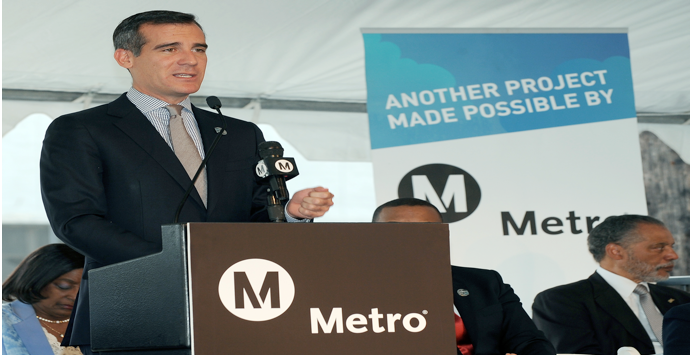

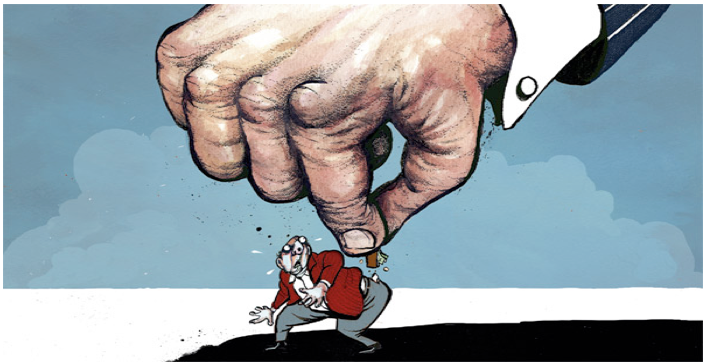

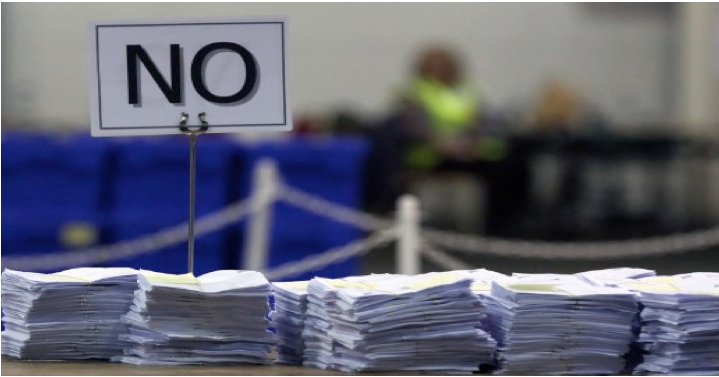

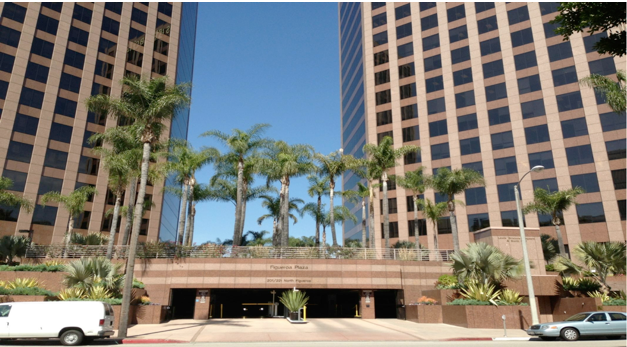
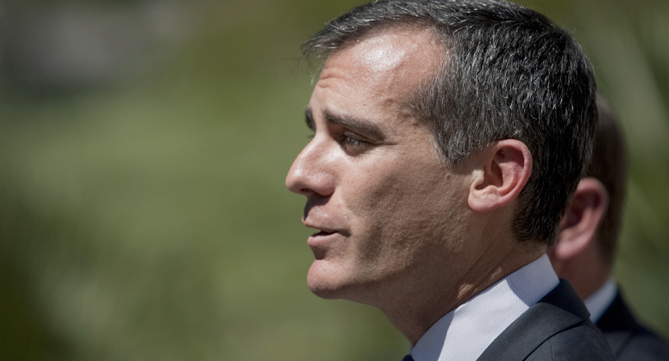
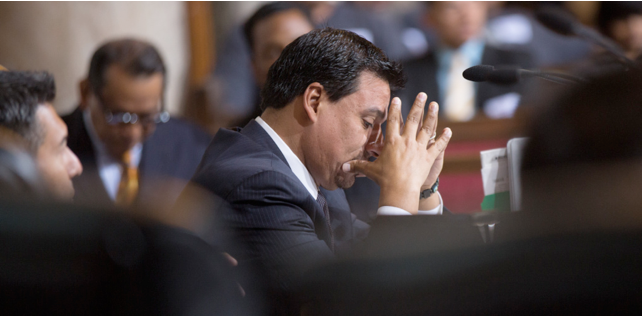
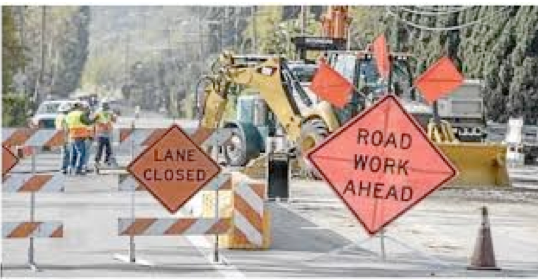
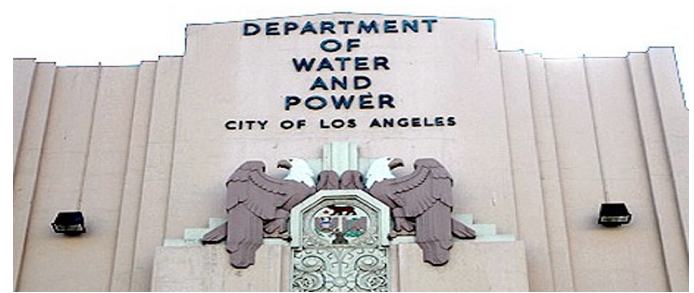



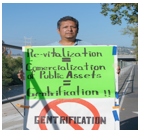 But these non-affordable developments are not subject to a long range plan that respects the existing communities and neighborhoods. Rather, it is the Wild West, a land grab by rapacious real estate speculators.
But these non-affordable developments are not subject to a long range plan that respects the existing communities and neighborhoods. Rather, it is the Wild West, a land grab by rapacious real estate speculators. 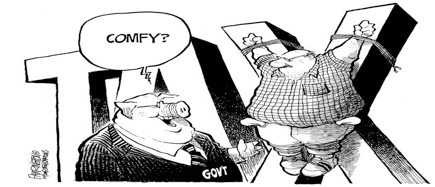
 As such, the Supervisors will need to disclose the allocation of funds in the ballot measure that balances the goals of urban dwellers, suburban taxpayers, and open space advocates.
As such, the Supervisors will need to disclose the allocation of funds in the ballot measure that balances the goals of urban dwellers, suburban taxpayers, and open space advocates. 